Sudan
After his family was massacred and home torched, Sudanese farmer Ayoub Haroun sought refuge in a school alongside some of the tens of thousands fleeing recent bitter ethnic conflict.
More than a week of bloodshed last month in Sudan's Blue Nile state left at least 105 people dead and scores wounded, as rival groups fought in a complex conflict involving deep-seated grievances, control of land and battles for power.
"The gunfire was constant, all day long every day," said Haroun, now sheltering in the former school in Blue Nile's Damazin city, some 450 kilometres (280 miles) south of the capital Khartoum.
But while the violence was the culmination of long-simmering ethnic tensions -- between the Hausa people and other rival groups including the Barta -- it has further emphasised a wider security breakdown since a military coup last year led by army chief Abdel Fattah al-Burhan.
Since the October coup, regular pro-democracy demonstrations across the country have been met with a crackdown by security forces that has left at least 116 people dead.
Before unrest erupted in Blue Nile, the western region of Darfur had already seen months of ethnic clashes which killed hundreds of people.
"We were left no option but to defend our lands," said Al-Jaily Abdalla, from the Hamaj people. "Our homes were burnt to the ground, destruction spread everywhere, and there were multiple deaths."
- 'My home was burnt' -
Haroun, a Hausa, was left homeless, one of some 31,000 people from both sides forced to flee their houses, according to the United Nations.
"My brother and nephew were killed and my home was burnt along with the homes of the rest of my family," he said.
Each side blames the other for starting the violence -- and has accused the government of backing the other.
The clashes triggered angry protests across Sudan, with Hausa people demanding justice for those killed.
Other protests called for "unity" and an "end to tribalism" in the impoverished northeast African nation.
In late July, senior leaders from rival groups agreed a ceasefire, but a more permanent peace deal and reconciliation is needed.
Blue Nile, a region awash with guns bordering South Sudan and Ethiopia, is still struggling to rebuild after decades of civil war.
***AFP***




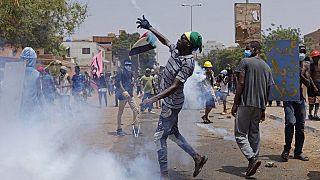
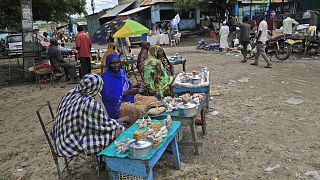
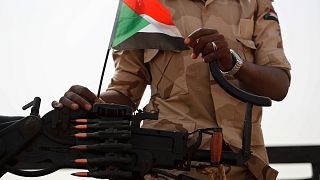
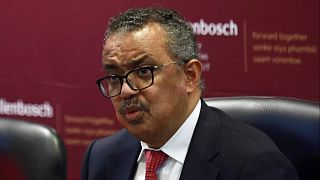
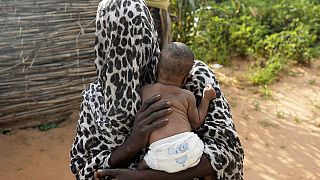



Go to video
Almost 300 killed in wave of violence in Sudan’s North Kordofan
Go to video
ICC warns of a dire humanitarian crisis in Sudan as the war rages on
01:05
Ethiopia's mega-dam on the Nile is "now complete", Prime Minister says
01:49
Sudanese refugees in Chad face deepening humanitarian crisis
01:41
UN warns of looming famine in Sudan, Gaza and 3 other global hunger hotspots
01:49
UN warns of impact Sudan's humanitarian crisis is having on Chad